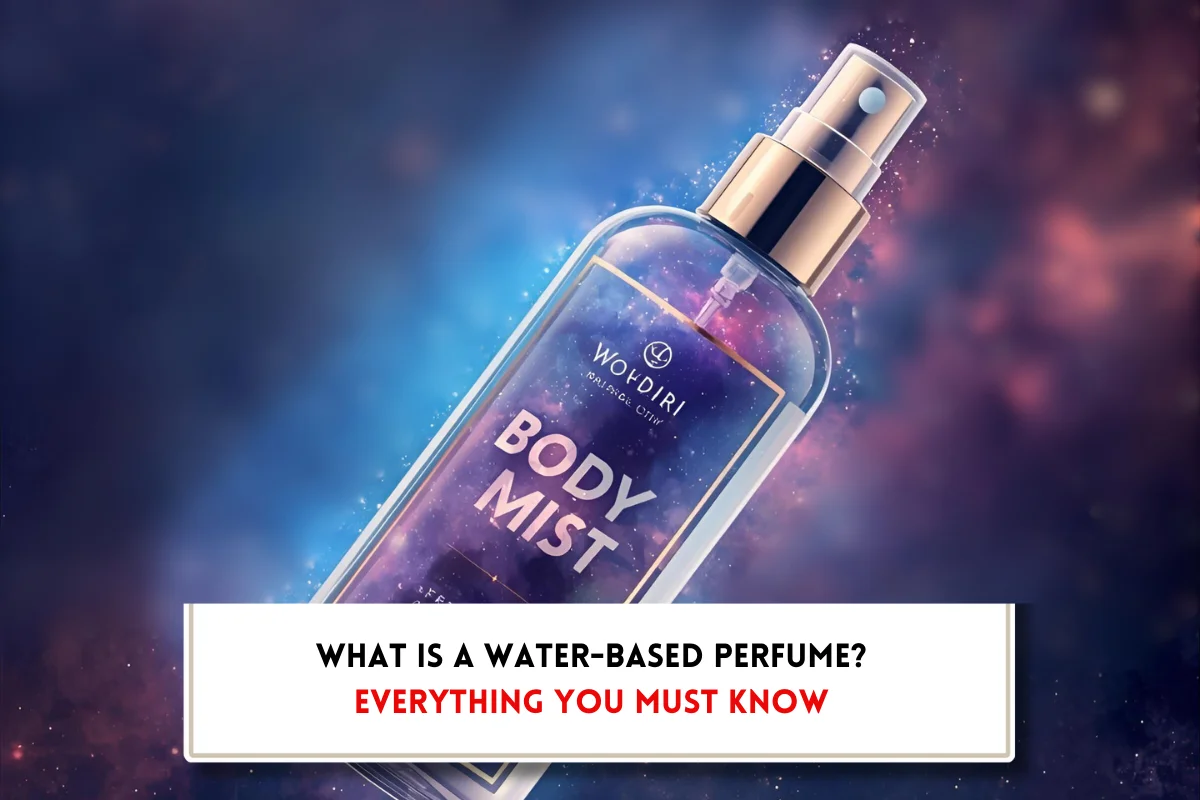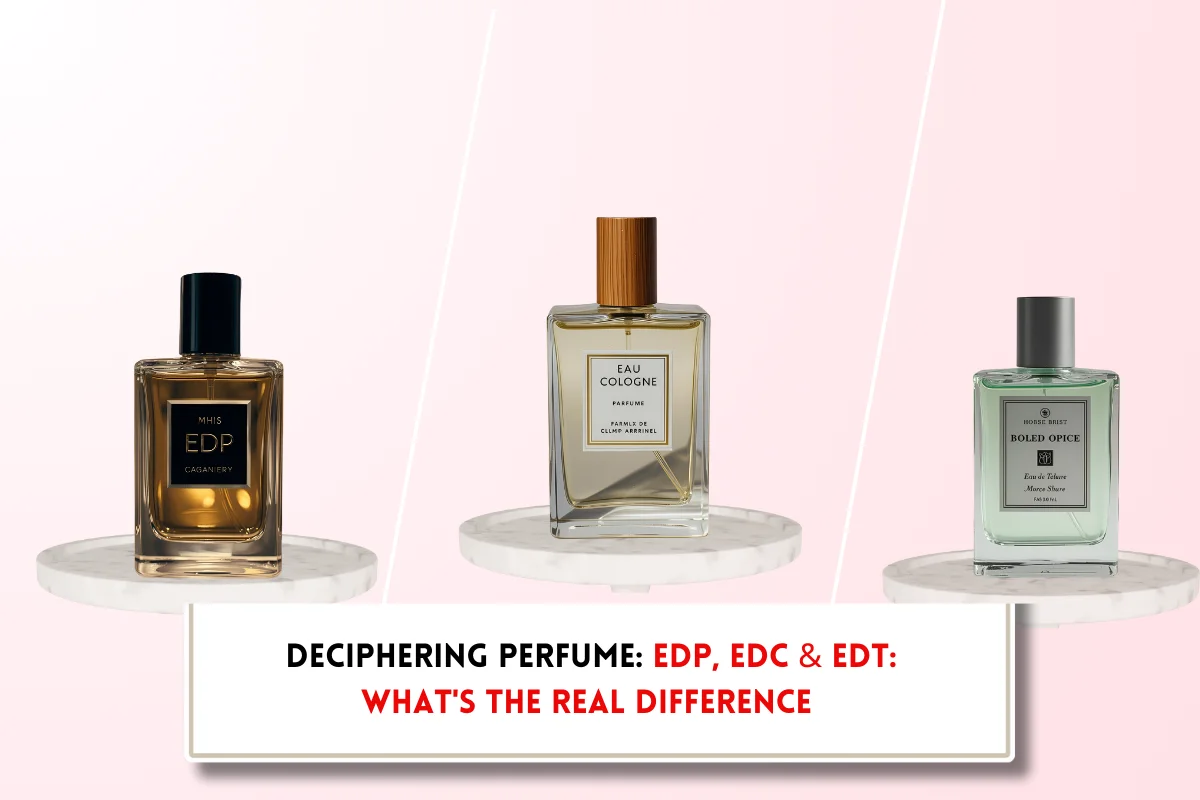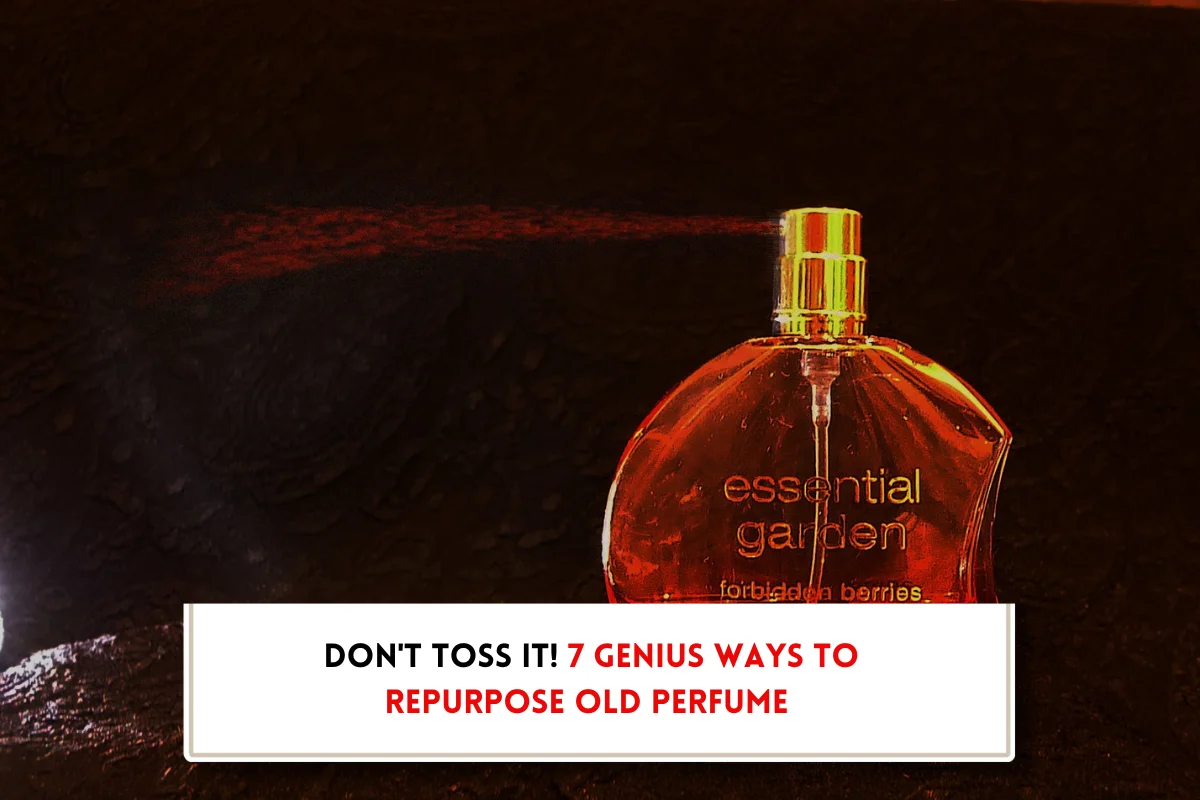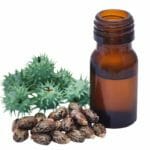Debunking the dilemma: Can you use shower gel as shampoo?
At BeautyCaters, our expert team independently curates every recommended product. Purchases through our links may earn us a commission. Explore our transparent selection process.
You have been there: a frantic situation, where you need a hair wash but either ran out of shampoo or forgot to get one. Suddenly, eyes goes on the shower gel bottle and seems to be a possible option. After all, both are cleansers and have similar consistency. But wait… can you use shower gel as shampoo?
Let’s find out whether this seemingly convenient swap is actually beneficial for your hair.

Shampoo vs. Shower gel: Key differences
While both shampoo and shower gel are cleansing agents, they serve distinct purposes.

- Formulation: Any shower gel is primarily designed for cleaning the body and typically contains surfactants, moisturizers, and fragrance. In contrast, shampoo is formulated specifically for the hair and scalp, often including conditioners and ingredients that target dandruff or oily hair. This difference in formulation is significant when considering the effectiveness of each product for its intended use.
- Surfactants: Both products rely on surfactants to remove dirt and oil. However, shampoos typically contain lower levels of surfactants to prevent excessive stripping of the scalp’s natural oils. Shower gels, on the other hand, often have higher surfactant concentrations for effective body cleansing.
- pH Levels: Shampoos generally have a lower pH level closer to the natural pH of the hair, helping to maintain its structure and prevent damage. Shower gels tend to have a higher pH level, which can disrupt the hair’s acid-base balance, leading to dryness and frizz.
- Conditioning properties: Shampoos often include conditioning agents to hydrate and protect the hair. These ingredients help to detangle, smooth, and add shine. Shower gels, primarily focused on body cleansing, typically lack these hair-specific conditioning properties.
Can you use body wash as shampoo?
While both shampoo and shower gel are cleansing agents, they are formulated with distinct purposes. Shampoo is specifically designed for the hair and scalp, while shower gel is tailored for the body.
Using shampoo as a body wash is generally not recommended due to potential skin irritation and dryness. Shampoo’s ingredients are primarily focused on hair cleansing and may not provide the necessary hydration and nourishment for the skin.
Short-term effects on hair
Shower gel can occasionally be used as shampoo, primarily in short-term situations. However, keep in mind that shower gels often contain different ingredients than shampoos, which may not effectively cleanse your hair without promoting scalp irritation. It’s best to avoid this practice regularly, especially if you have sensitive skin or a specific hair type.
Long-term effects on hair
Shower gel is not formulated for your hair’s health and can lead to long-term damage. Regularly using it instead of shampoo may result in hair that is dry, brittle, or stripped of natural oils. Your hair requires specific cleansing agents that shower gels do not provide, ultimately leading to compromised hair health over time.
For optimal skin and hair health, it is advisable to use products specifically designed for specific care. Shower gels may contain harsh surfactants and other additives that could alter your hair texture and strip imperative oils, leaving your hair looking lifeless.
Related: Which type of water is generally preferred for shampooing?
What happens if you use body wash as shampoo?

The problem of using shower gel as shampoo are as follows:
- Potential hair damage: Damage to your hair can happen quickly when you use shower gel instead of shampoo. Shower gels are formulated to clean the body, often containing harsher chemicals that strip away natural moisture from your hair. This can leave your strands dry, brittle, and prone to breakage.
- Scalp health: Scalp is sensitive and requires specific care. Shower gels contain fragrances and additives that can irritate your skin, causing discomfort and exacerbating conditions like dermatitis or dandruff, if used regularly.
- Residue buildup: Shower gel can lead to unwanted residue buildup. Unlike shampoo, which is designed to rinse clean, shower gel may leave a slippery film on your hair, which weigh your hair down and make it appear greasy or dull. This not only affects the look of your hair but can also complicate your cleansing routine, necessitating more frequent washes to remove the buildup.
- Disruption of natural oils: For your hair and scalp, maintaining the balance of natural oils is vital. Shower gels often strip away these oils, leaving your scalp and hair undernourished.This disruptions can lead to increased oil production or, conversely, excessive dryness, ultimately resulting in unhealthy hair and scalp conditions.
User experiences and anecdotes
Considerations from various users reveal mixed results when using shower gel as shampoo. While some report that it works in a pinch, many highlight that their hair felt unmanageable or greasy afterward. User experiences underscore the importance of prioritizing appropriate hair care products to maintain healthy hair.
This anecdotal evidence emphasizes that while shower gel may provide a quick solution, it is not advisable for ongoing use. You may find that your hair and scalp respond negatively in the long run if you substitute your regular shampoo. Always be mindful of your hair’s needs and consider investing in suitable hair care products for optimal results.
Frequently Asked Questions (FAQs)
Can I use shower gel on color-treated hair?
No, shower gels are usually formulated with stronger cleansing agents, which can strip the color from your dyed hair. If you have color-treated hair, it’s best to avoid using shower gel, as it may lead to faded or uneven colors, diminishing your beautiful hue.
What to do if I accidentally used shower gel on my hair?
Accidentally using shower gel on your hair isn’t the end of the world, but you’ll want to address it quickly to minimize any potential damage.
• Rinse thoroughly: Remove all traces of the shower gel from your hair.
• Condition deeply: Apply a deep conditioner to restore moisture and combat potential dryness.
• Monitor hair health: Observe your hair for any signs of damage or dryness.
Can you use specific shower gels on hair?
No, While, some gentle, sulfate-free shower gels might be less damaging to hair are primarily designed for body cleansing and may not provide the necessary nutrients for hair health.
What can I replace shampoo with?
Here are some natural alternatives to shampoo:
• Aloe vera: Known for its soothing and hydrating properties, aloe vera can gently cleanse the scalp and hair.
• Apple cider vinegar: This versatile ingredient helps balance the scalp’s pH and remove product buildup.
• Baking soda: A mild abrasive that can help remove oil and product residue. However, overuse can be drying.
• Coconut oil: While primarily a conditioner, coconut oil can be used as a gentle cleanser for those with very dry hair.
Final Word: Can you use shower gel as shampoo?
So, swapping shampoo for shower gel might seem tempting in a pinch, it’s generally not recommended. Shampoo and shower gel are formulated for different purposes, and using the wrong product can lead to hair dryness, frizz, and potential scalp issues. To maintain healthy hair, stick to using shampoo for your hair and shower gel for your body. Your hair will thank you.










